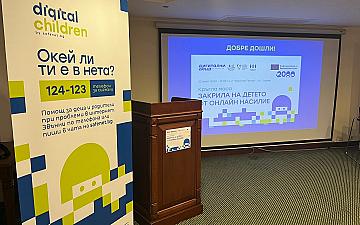The RESPECT team has gone live this week with a comprehensive online survey in all official languages of the European Union targeting citizens from all across Europe and all segments of society. It is the first time that such large-scale research is conducted in this area, with the intention to identify the possible effect of cultural influences on the acceptance of surveillance systems and procedures.
Convenience and cost effectiveness are understood as the two key considerations for security forces in the public as well as in the private sector when it comes to deciding which surveillance technologies to use and which to avoid. Motivations may be different, but once these technologies are implemented, they increasingly allow police and security forces to go beyond the data they have gathered directly but also tap into data gathered and stored by private companies. These surveillance technologies are deemed to be “in balance” if they are implemented in a way which respects individual privacy whilst still maximising convenience, profitability, public safety and security. RESPECT seeks to investigate if the current and foreseeable implementation of surveillance technologies is indeed “in balance”, and how such balance – or lack of balance – is perceived by European citizens. By reviewing the effectiveness, social and economic costs of surveillance, and determining the legal basis for these surveillance systems, the results will provide a basis for developing European guidelines and regulation that balance citizens’ privacy and security concerns.
The online survey plays a key role in this project. It represents a real opportunity for citizens to influence the way things are run, since the results will be taken into consideration when preparing policy briefs to the European Commission about the implementation, use, and limits, of surveillance. The survey is available at http://bit.ly/surveyrespectproject.
The RESPECT project, respectproject.eu, commenced in February 2012, is expected to run until May 2015.








